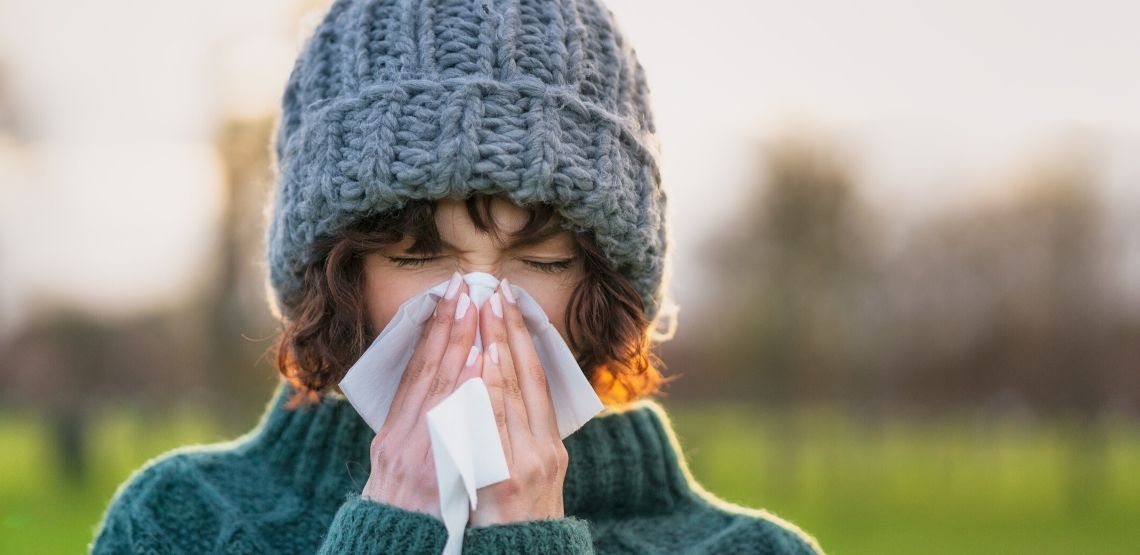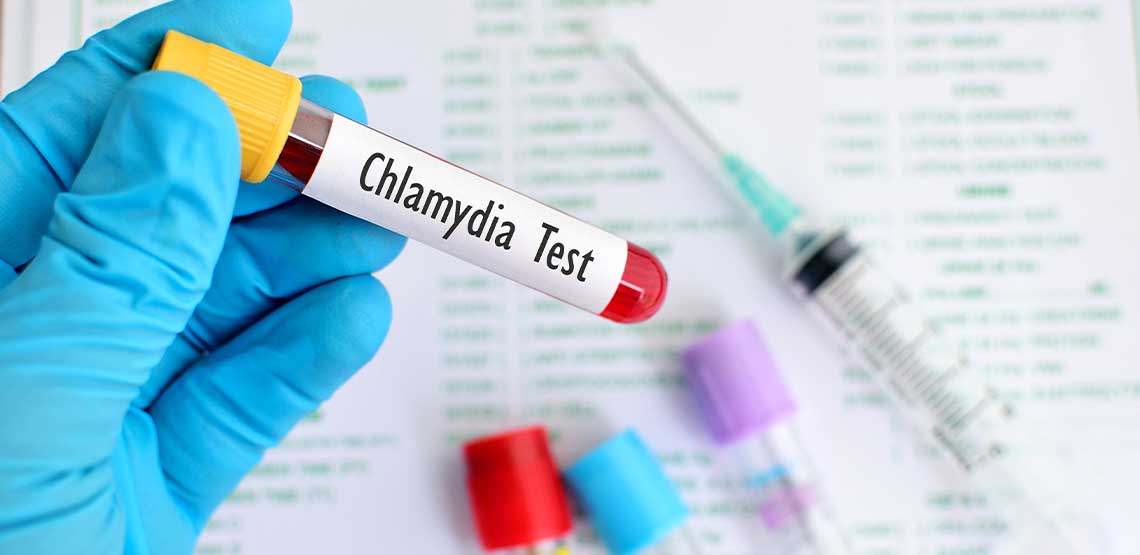Why Am I Sneezing So Much?
We all do it from time to time. But in some cases, you might wonder why you are sneezing so much. There could be several reasons.
Sneezing is a way your body clears the nose. When something enters the nose, such as smoke or dust, it can irritate the mucous membranes. Your body reacts to the irritant by sneezing.
This reaction also acts as a defense against bacteria and viruses, which means it is sometimes a good thing.
What Causes Sneezing?
Anything that enters the nose, such as a particle of dust or dirt, can lead to sneezing. However, certain factors may increase the frequency, including the following:
Allergies
Allergies are one of the top causes of sneezing, especially when it occurs frequently. Allergies involve an overreaction by the immune system to material that is typically harmless. But the body reacts to the substance as if it was dangerous, which causes a response from the immune system.
That response triggers the release of different chemicals that try to “fight" what it perceives as harmful. The result is common allergy symptoms, including sneezing.
Allergy triggers are varied. Typical triggers include cockroaches, mold and pollen. Many people are allergic to more than one substance and may have allergy symptoms at any time of the year.
According to the American College of Allergy, Asthma and Immunology, more than two-thirds of people that have seasonal allergies suffer symptoms year-round.
Infection
Infections, such as a cold, often cause sneezing. Upper respiratory tract infections affect the throat and nasal passages. They typically cause increased mucus and possibly inflammation of the nasal mucous membranes.
Symptoms often include nasal congestion, coughing and sneezing. Several different viruses may cause a cold. But according to the Centers for Disease Control and Prevention, the rhinoviruses are the most common cause.
Breathing Cold Air
Your nose is sensitive to changes in the external temperature. When you go from a warm environment to the cold, this can irritate the nasal passages and trigger a sneeze.
Looking at Bright Lights
Although it may seem unusual, another common cause of sneezing is looking at bright lights. According to research published in the peer-reviewed medical journal PLOS One, in about 25% of people, sunlight triggers a sneeze; the reaction is called photic sneezing.
The reason this occurs in some people is not fully understood. But researchers think exposure to the light might lead to sensitivity and a reaction in the visual cortex in the brain. This reaction triggers other sensory areas, causing a tickling sensation in the nose, leading to sneezing.
Strong Scents
Almost anything can irritate the membranes inside the nose and cause sneezing. Strong smells are often a culprit. Perfumes, scented candles and cleaning products can all have strong fragrances, which might lead to irritation and sneezing.
Be Aware of Triggers
Sometimes the cause of sneezing is easy to identify, such as when you have a cold. But other times, it might be a bit tricky to find the reason.
Since we often sneeze without giving it much thought, it might be challenging to become aware of what is causing it. If you find you are doing it a lot, try to keep track of what you were doing before you started to sneeze.
In addition to the above, some less common causes of sneezing may include:
- Eating spicy foods
- Plucking your eyebrows
- Exercise
How to Reduce the Frequency
While you can’t eliminate all sneezing (and you would not want to), there are things you can do to reduce the frequency, including the following:
Decrease Triggers
Once you determine the cause, try to minimize triggers. For example, if spicy foods (such as pepper) make you sneeze, limit that type of food.
Blow Your Nose
If you feel you are about to sneeze, blowing your nose may help clear the irritant. Just avoid blowing your nose too hard or too often.
Use a Saline Nasal Spray
If sneezing is a problem, try using a saline nasal spray or rinse. The saline helps prevent dryness, which is irritating. It may also flush dust, dirt and allergens out of the nose.
Treat Allergies
Since allergies are often the cause of frequent sneezing, it makes sense that allergy treatment may help. Medication, such as antihistamines, may decrease typical allergy symptoms and reduce sneezing.
Prevent Infection
Colds and the flu often lead to sneezing. Keeping your immune system strong helps you fight off common infections. To keep your immune system healthy: get plenty of sleep, eat several servings of fruits and veggies daily, and wash your hands often.
Sneezing is not something that is dangerous, though it can be annoying at times. Still, it is not possible to eliminate it completely. Remember that when you sneeze, you are releasing germs or irritants back into the air. Be sure to cover your mouth with a tissue to prevent getting someone else sick.


